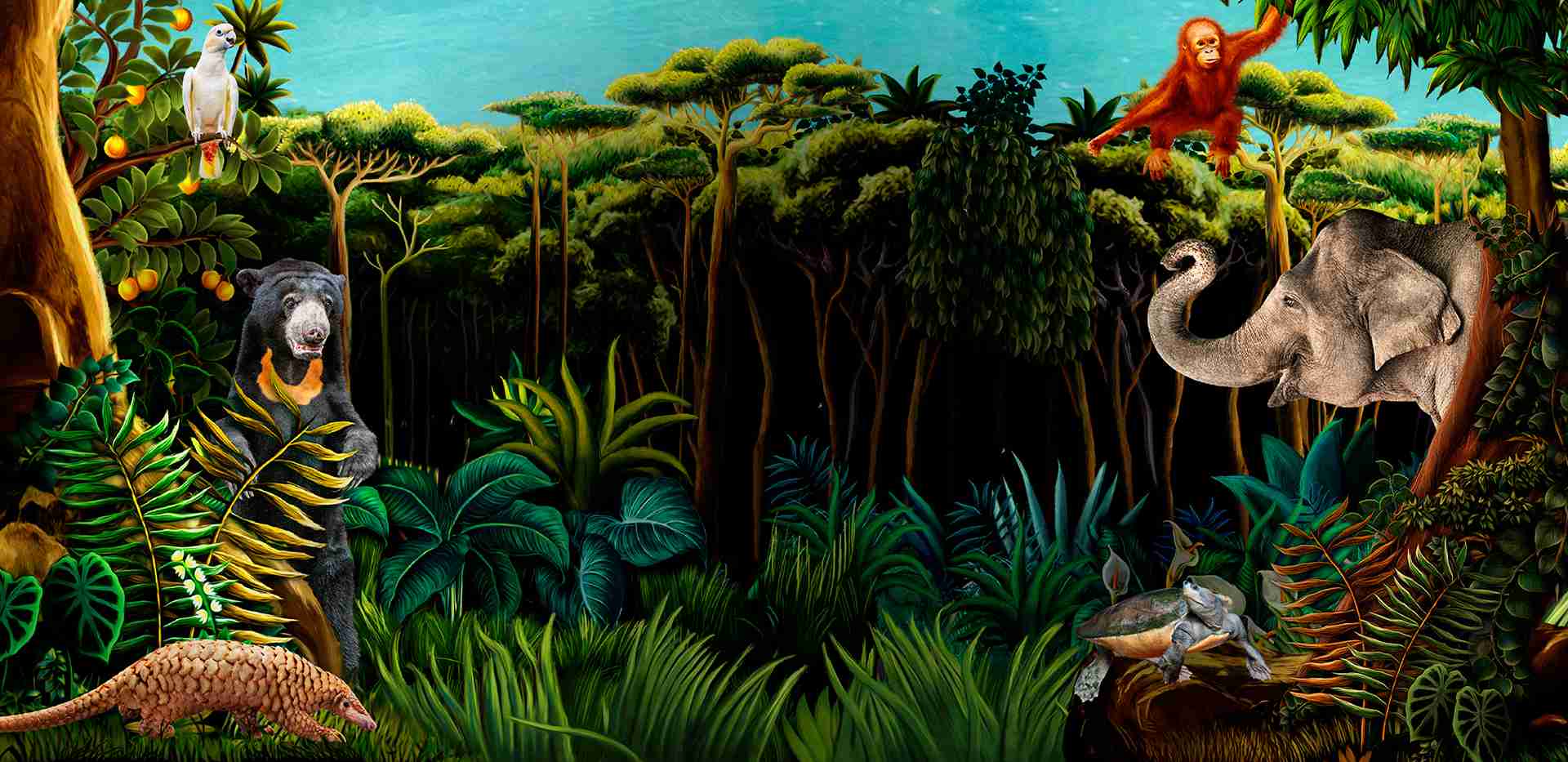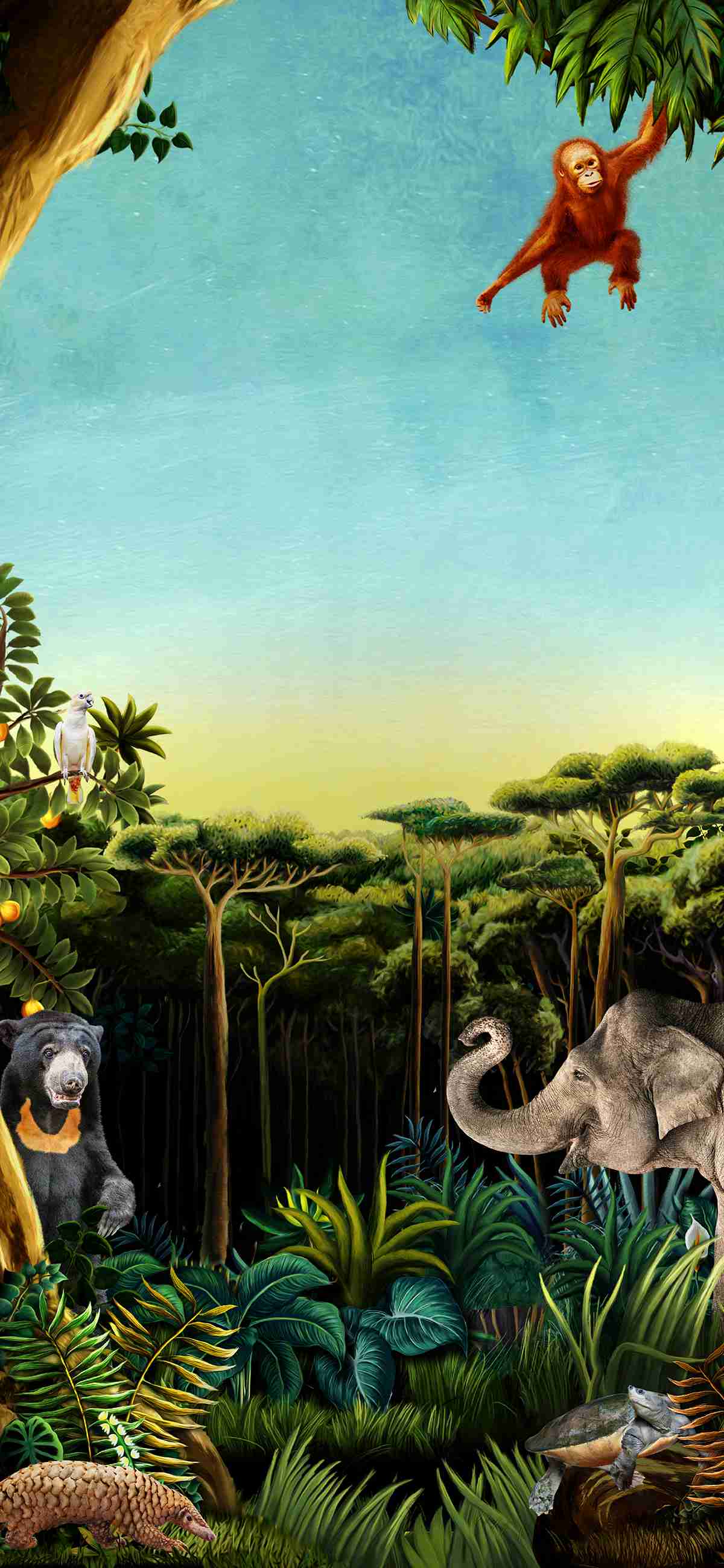Our purpose is to build a world where people and wildlife thrive together.
We have committed ourselves to sustainable practices, decarbonising our operations, and doing our part to decrease the severe impact that climate change has on wildlife, natural processes and biodiversity. Our goals are to consistently limit global warming to just 1.5°C above pre industrial levels and achieve net-zero greenhouse gas emissions by 2050.
Our Climate Commitment
Sustainable Transport
Converting our entire internal fleet to electric or low-carbon-fuel vehicles.
Energy And Water Conservation
Minimising consumption with on-site solar panels, wastewater recycling, and more.
Responsible Sourcing
The Green Procurement Policy and F&B offerings with lower carbon footprints.
Native Biodiversity Protection
Doing our part to enhance local habitats and ecological connectivity with the Mandai Wildlife Bridge.
Sustainable Design
Maximising natural lighting and ventilation, improving thermal comfort, and designing our parks with the native wildlife in mind.
Advocacy And Collaboration
Raising awareness through educational resources and an innovative and sustainable supply chain.
Awards And Accolades
We are proud to be certified as a sustainable tourist destination.









